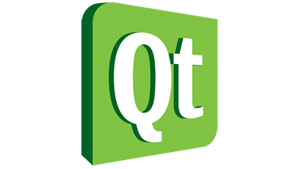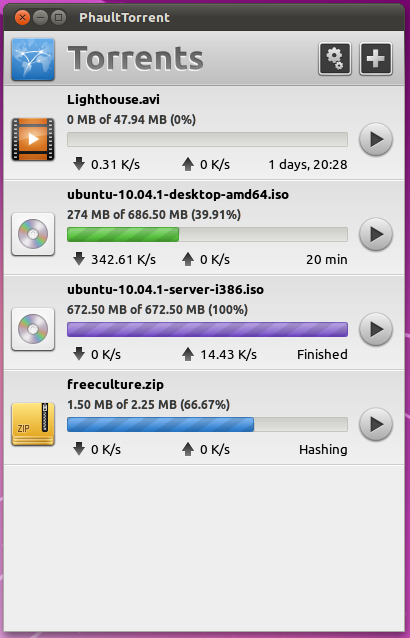Mainstream graphical applications for the Linux desktop are generally developed with either Gtk+ or Qt. These open source development toolkits supply user interface frameworks and other components that are needed to build desktop programs. Although Gtk+ has historically been favored by the major commercial Linux distributors, Qt's numerous technical advantages and growing relevance in the mobile industry are increasingly difficult for Linux vendors to ignore.
In a blog entry posted this week, Canonical CTO Matt Zimmerman outlined how the capabilities of Nokia's Qt development toolkit can benefit Ubuntu. Some of the specific advantages that he highlights include Qt's strong corporate backing, robust suitability for cross-platform development, and increasingly rich support for touch interaction.
"We want to make it fast, easy and painless to develop applications for Ubuntu, and Qt is an option worth exploring for application developers. In thinking about this, I've realized that there is quite a bit of commonality between the strengths of Qt and some of the new directions in Ubuntu," he wrote. "No single solution will meet all developers' needs, of course, and Ubuntu supports multiple toolkits and frameworks for this reason, but Qt seems like a great tool to have in our toolbox for the road ahead."
As a third-party Linux application developer who has experience with both toolkits, I'd warmly welcome stronger support for Qt in Ubuntu. In my experience developing Gwibber (a Gtk-based social network tool I created that is included in Ubuntu and other Linux distributions), I have consistently been frustrated with the limitations of Gtk+ and its unsuitability for producing the kind of user interface that I want to offer my users.
Over the past few years, Qt has advanced at an extremely rapid pace and has gained some remarkable capabilities that make it radically easy to achieve things that would be exceptionally difficult and time-consuming to do with Gtk+. Qt significantly boosts developer productivity, lowers the barrier to entry for developers who are new to the platform, and offers a much higher level of cross-platform portability. I think that offering Qt as a standard part of the Ubuntu desktop installation would enrich the platform by opening the door for better third-party software.



 Loading comments...
Loading comments...
